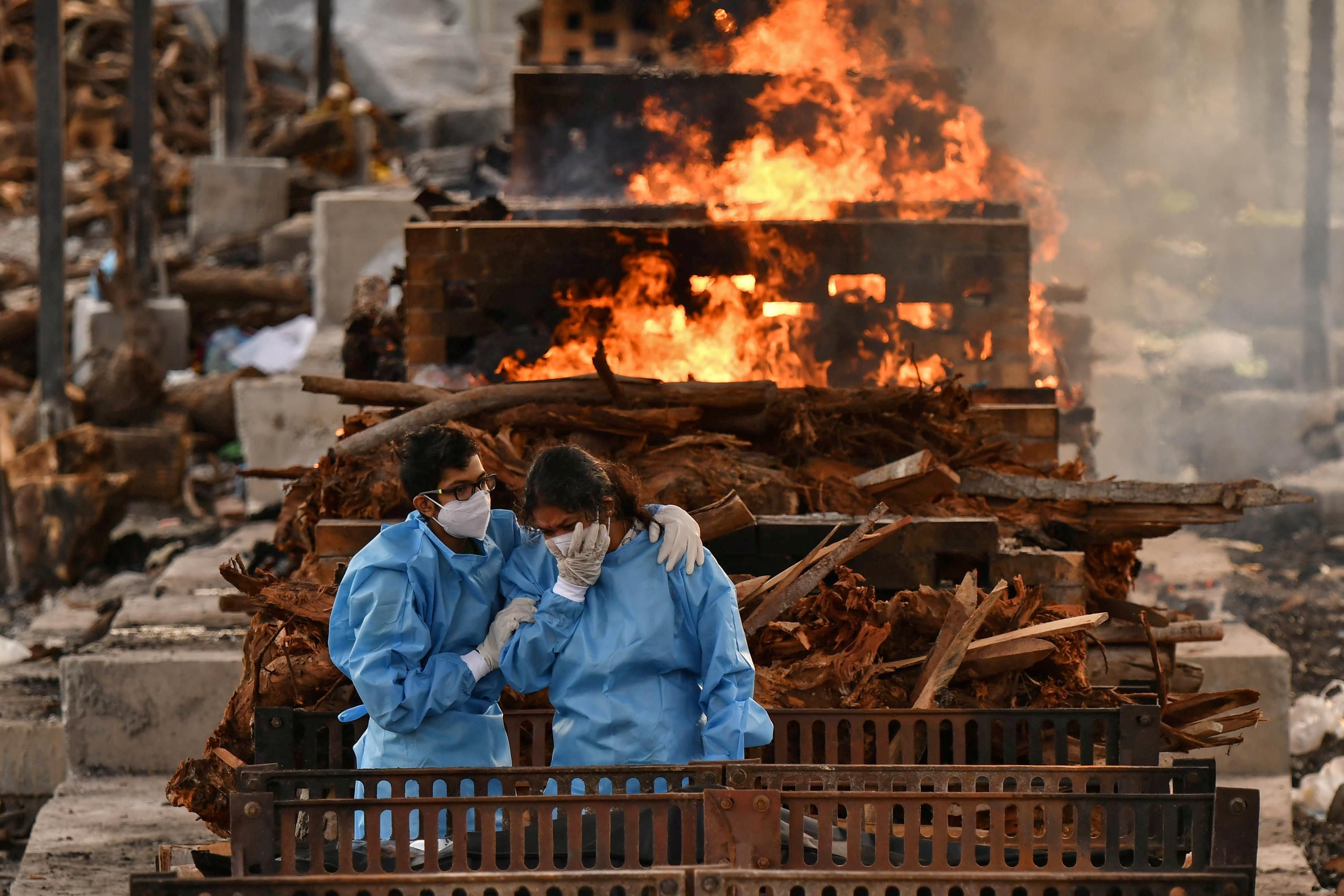672: India's top court has ordered the country's states to compensate the families of each person who died from COVID with 50,000 rupees ($672) for their loss within 30 days. India has reported almost half a million COVID deaths after suffering a devastating wave in the spring, but that figure is almost surely an undercount.
1,200: The US left a lot of weapons in Afghanistan amid its chaotic withdrawal, and now they're on sale in the black market. A single Beretta M9 handgun, standard issue for US service members, now goes for about $1,200, double what it costs in America and $300 less than a Russian-made Kalashnikov rifle, the weapon of choice for the Taliban.
281: Romania's center-right coalition government collapsed on Tuesday after a majority of 281 lawmakers voted in favor of a no-confidence vote in parliament. PM Florin Citu, who took over only nine months ago, has come under fire for his handling of the pandemic in Romania, which is grappling with a horrendous COVID wave while other EU states are relatively stable.
5 billion: Up to five billion people could lack access to clean water by mid-century,
according to a new report by the UN weather agency. Global water supplies have declined by 1 cm (0.4 inches) over the past two decades, in part due to climate change-induced droughts.
